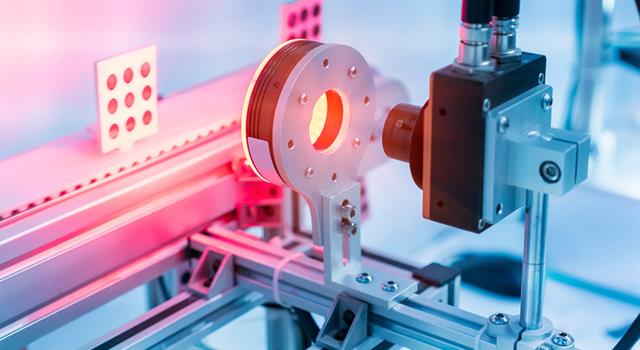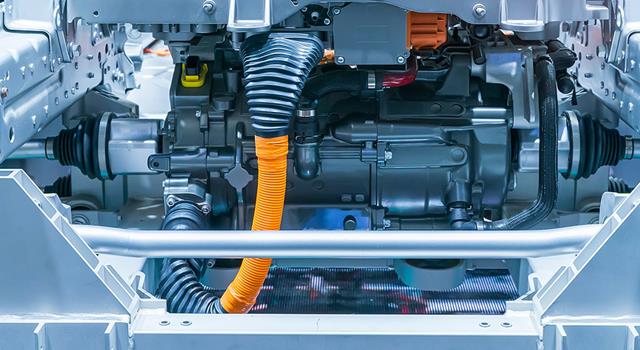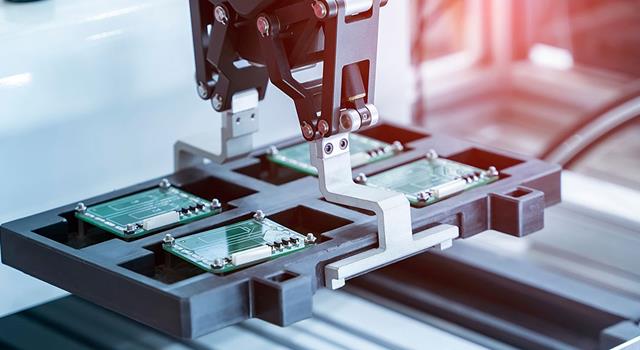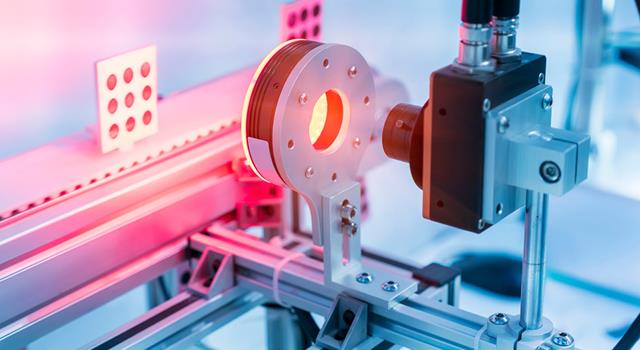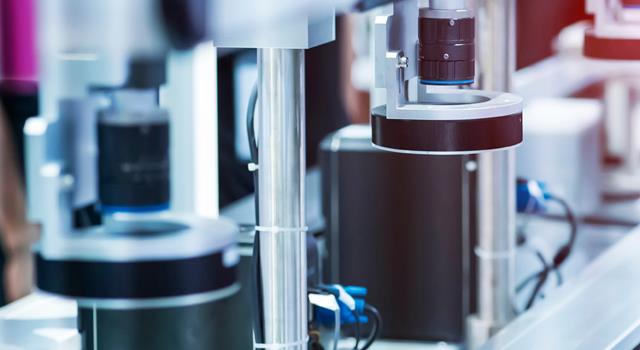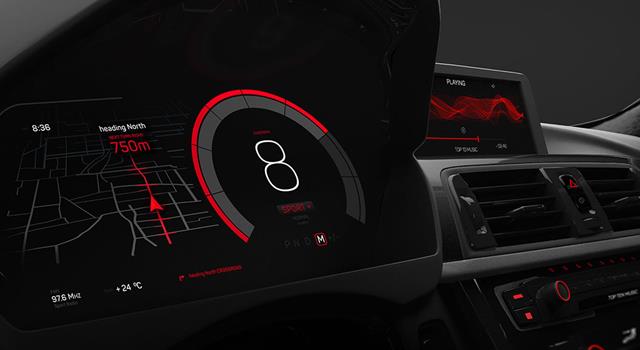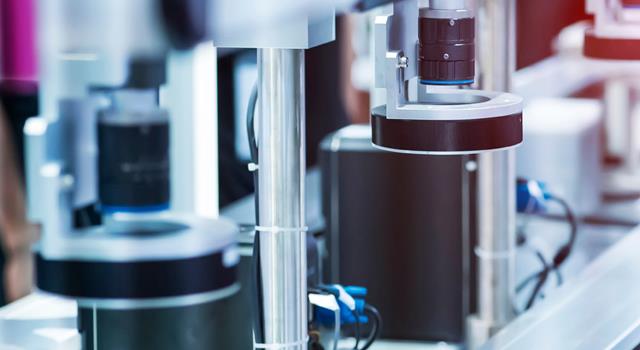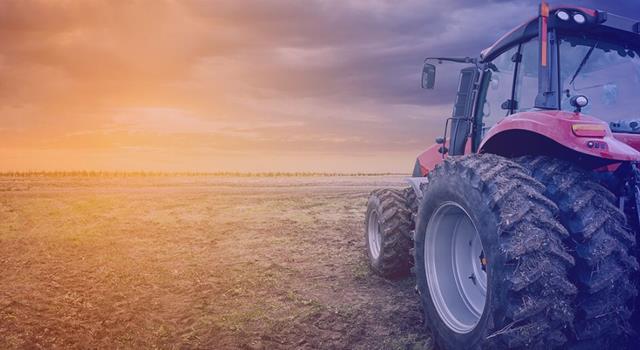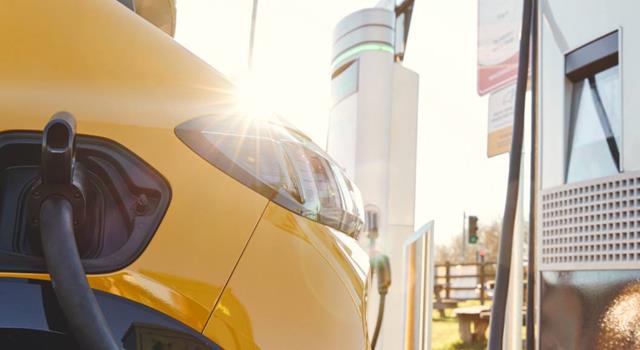The world of agriculture is witnessing a significant transformation, thanks in large part to rapid advances in technology found in farming tools. Today's farmers are equipped with vehicles that not only increase the efficiency and productivity of their operations, but also improve sustainability and reduce environmental impact. In this article, we explore the latest technologies reshaping agricultural vehicle operations.
Precision Agriculture: The Heart of Modern Farming
Precision agriculture has become a cornerstone of modern farming practices, where farming tools play an important role. This approach uses detailed, site-specific information to manage fields. Technologies such as GPS tracking systems, sensors and automated steering systems are integrated into agricultural vehicles, enabling precision planting, fertilization and harvesting. As a result, waste is significantly reduced, crop yields are increased and water, fertilizer and pesticide use is minimized.
Autonomous Agricultural Vehicles: A Step Toward the Farming of the Future
Autonomous technology is not just for cars and trucks; it is also making waves in agricultural vehicles. Autonomous tractors and harvesters can operate with minimal human intervention, guided by GPS and onboard sensors. These vehicles can operate around the clock, helping farmers achieve more consistent and reliable productivity. The integration of artificial intelligence allows these vehicles to make real-time decisions based on data from their environment, further optimizing operations.
IoT and Connectivity in Agricultural Vehicles
The Internet of Things (IoT) is another revolutionary technology impacting agricultural tools. By connecting various devices and tools to the internet, farmers can collect and analyze data such as soil moisture levels, crop health and equipment status in real time. This connectivity allows for more informed decision-making and immediate adjustments to farming practices, leading to better resource management and lower operating costs.
Drones and Agricultural Vehicles: A Synergistic Relationship
Drones are increasingly being used in conjunction with agricultural vehicles to enhance a variety of farming tasks. They can quickly survey and map large fields, collect data on crop health, and even help precisely apply inputs such as pesticides and fertilizers from the air. This aerial perspective complements the ground-level work performed by agricultural vehicles, enabling comprehensive coverage and management of fields.
Impact of Electrification on Agricultural Vehicles
Electrification is another forward-thinking trend in agricultural vehicles. Electric tractors and other machinery offer a cleaner, more sustainable alternative to traditional diesel-powered equipment. These vehicles produce zero emissions, run quieter and require less maintenance. In addition, the power consistency of electric motors can provide better performance for tasks that require precise power application, such as seeding and plowing.
Challenges and Future Prospects
While the benefits of these technologies are clear, widespread adoption has been challenging, mainly due to high initial costs and the need for technical expertise. But as technology continues to advance and become more cost-effective, more farmers are expected to adopt these innovative solutions.
The future of agricultural vehicles looks promising, with ongoing research and development poised to deliver even more sophisticated technologies. From improved robotic systems to the next generation of biofuel-powered engines, the potential to further revolutionize agricultural operations is enormous.
Conclusion
Technological advances in agricultural vehicles are setting new standards in agricultural efficiency, productivity and sustainability. As we continue to face global challenges such as food security and climate change, these innovations offer vital solutions that can help sustain and grow agricultural production in an environmentally friendly way. For farmers around the world, adopting these technologies is not only a step towards modernization, but also a significant leap forward in future-proofing their operations.
Similar Posts






